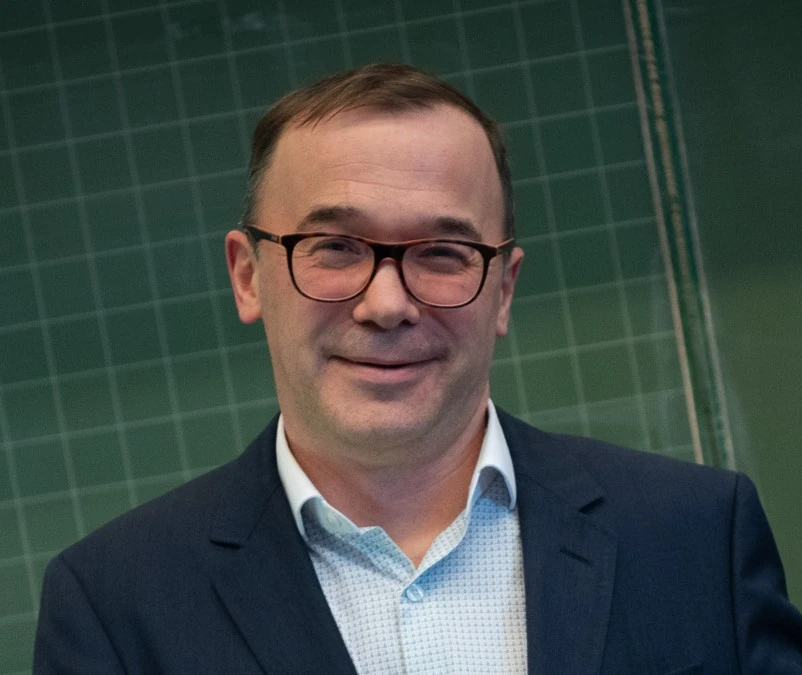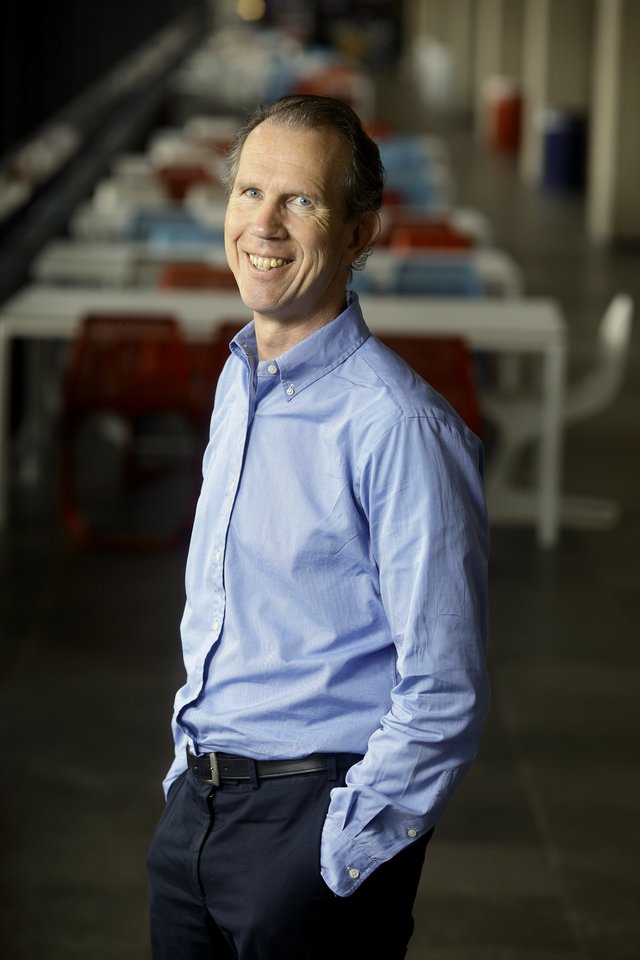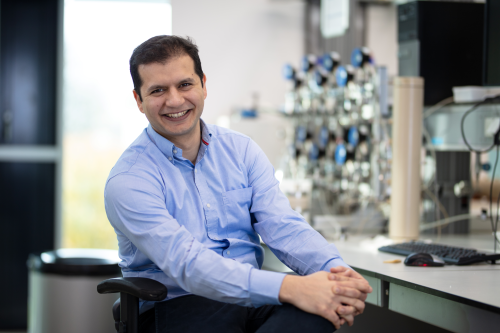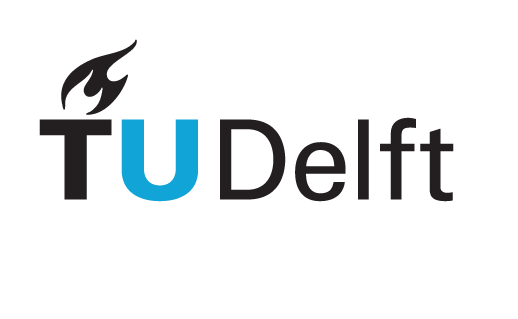Advanced Reservoir Simulation
Delft Advanced Reservoir Simulation (DARSim) research group has been established in 2013 in our section for collective developments of advanced concepts, methods and implementation for reservoir simulation science and practice. DARSim also has been hosting several visitors and lecturers from various international and national institutions. Our students and researchers meet on biweekly basis to discuss their developments, share their findings and most importantly challenges. DARSim is the founding base for simulation of several subsurface processes, acts as the hub of the simulation team for the department and beyond. The applications of our research include Geothermal Energy Production, Renewable Energy Storage, Greenhouse Gas Storage, and Water Resource Management. All our simulators are open-sour, whether for fast prototyping of new multiscale simulation methods and concepts in Matlab (DARSim) or high-performance C++-based simulator (DARTS). In addition, Energi Simulation not-for-profit foundation in Calgary, Canada, sponsors the chair of Hadi Hajibeygi for Multiscale Modeling and Subsurface Storage by gracious yearly donations. This fund is used to hire students and postdocs for simulation science.
Related projects
MIRE
Timeline: 2023 - 2027
MIRE is a just-funded project (2023-2027) which stands for Multiscale Integrated Reservoir Earth for fractured media, aiming to further develop our novel multiscale simulation methods for fractured reservoirs on the basis of our own-developed projection-based embedded discrete fracture modeling approach. We aim to step forward the simulation of 3D complex fractured-reservoirs with complex fluid physics whether for CCS, geothermal or hydrogen storage.
Advanced parametrization technique for modeling complex chemical systems in GEOS
Timeline: March 2024 – March 2026
OBL4GEOS connects researchers from TU Delft, Stanford University, and Lawrence Livermore National Laboratory and focuses on the development of advanced parametrization techniques for modeling complex chemical systems relevant to CCS. The project aims to enhance the accuracy and computational efficiency of open-source exascale physical simulator GEOS.
Complex phase behavior computations for subsurface CO2 injection on GPU platform
Timeline: Sep 2021 – Sep 2025
GPU4CO2 is dedicated to develop appropriate state-of-the-art computational practices and algorithms to effectively perform thermodynamic computations on GPU devices. This requires re-thinking of conventional phase behavior computations usually performed on CPU which will be comprehensively investigated in this project. The results of this investigation will be implemented as an open-source thermodynamic library for phase behavior evaluation of complex fluid interactions relevant to CCS.



